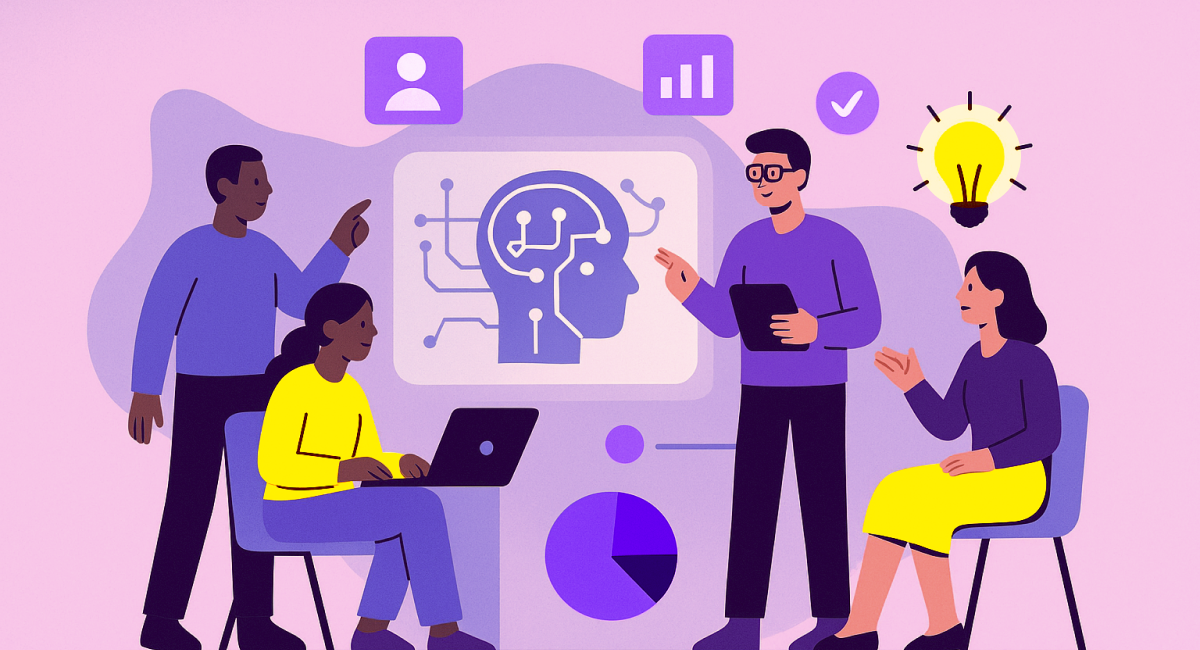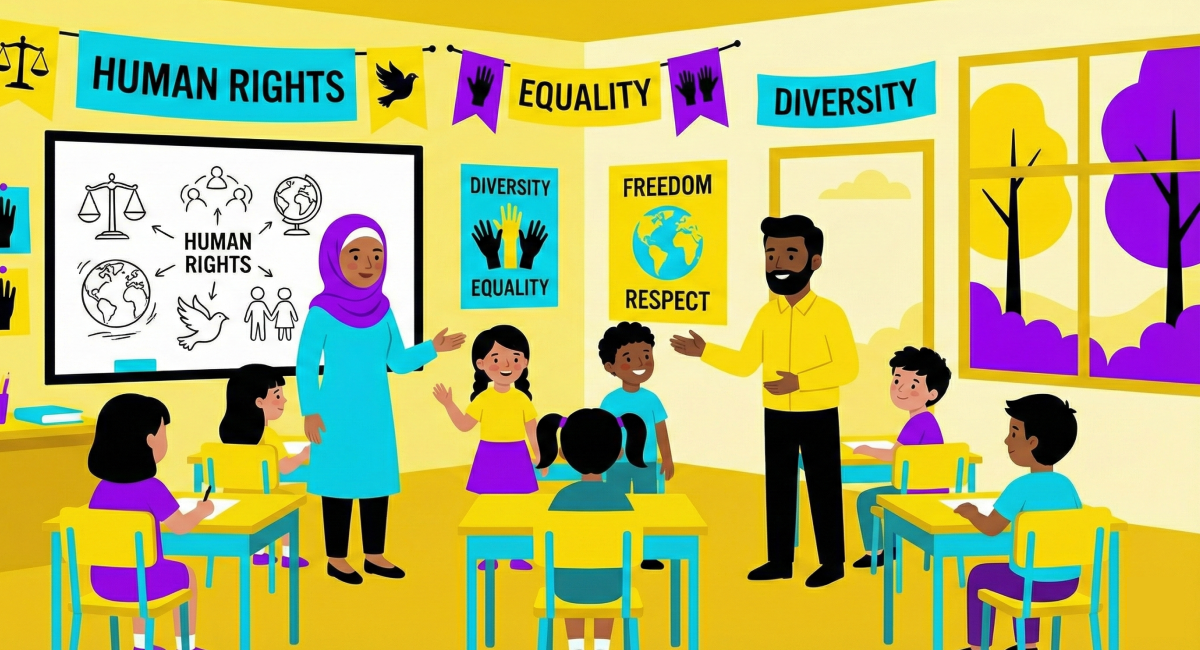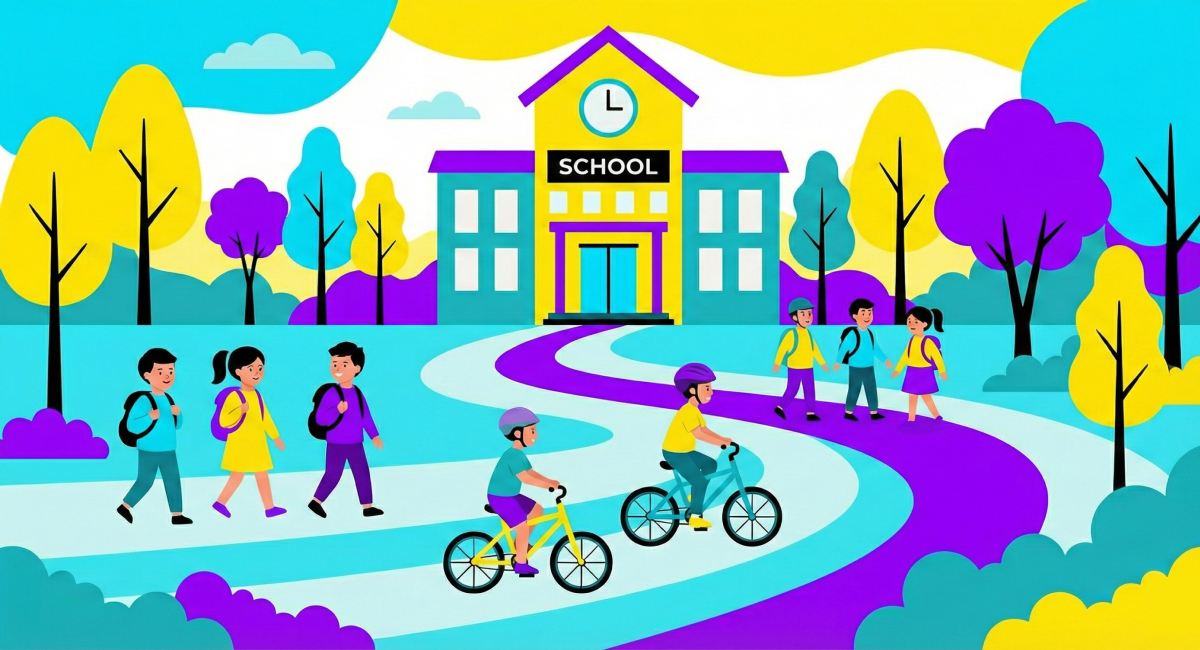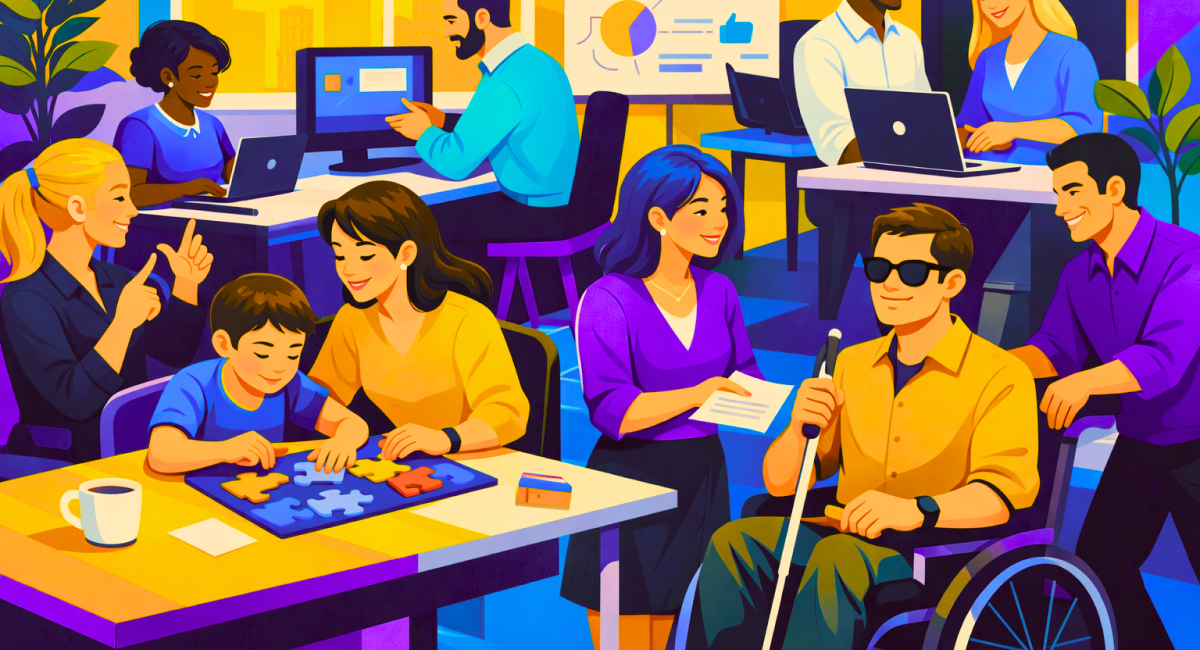The human behind the code: Building AI we can all trust
I remember the first time I truly understood the power, and the peril, of artificial intelligence. It wasn’t in a tech conference, but in a conversation with a teacher using one of our early educational tools. She told me:
"The system is brilliant, but sometimes it feels like a black box making decisions about my students. And that makes me nervous."
Her honesty was a gift. It crystallized a truth we at CollectiveUP have come to live by: technology, especially AI, is not just about what it can do, but what it should do.
AI is no longer a sci-fi fantasy. It’s here, in the apps that suggest our routes to work, the platforms that help our children learn, and the tools that help social enterprises scale their impact. This isn't the future; this is our new reality. And with this new reality comes a profound responsibility to ensure these powerful tools reflect our most deeply held human values.
In our work, from empowering social entrepreneurs with DIGISET to reimagining classrooms with FutureEd, we’ve learned that ethical AI isn't a policy you write once. It’s a story you write together, with every choice you make. It’s the framework that ensures the technology we build doesn't just get smarter, but also becomes fairer, more transparent, and more humane.
Here are the ten foundations that guide our story and that we believe can help anyone building with AI today.
Fairness:
It’s about who’s in the room
An AI is only as unbiased as the data it’s fed. We’ve all heard the horror stories: recruitment tools that overlook qualified female candidates, or mapping services that neglect low-income neighborhoods. The algorithm isn't being malicious; it's simply mirroring our own blind spots.
In our DIGISET project, we sit down with social economy organizations and talk about this. We don't just see bias as a bug to be fixed; we see it as a critical reminder. It reminds us that designing for inclusion isn’t an optional step, it’s the very first one.
Transparency:
Let’s open the black box
Trust is built on understanding. How can we trust a system that makes life-changing decisions in the dark? People deserve to know the "why" behind the "what," especially when it comes to their jobs, their health, or their education.
In AI4InclusiveEducation, we don't just give teachers a tool; we help them and their students pull back the curtain. We explore how the algorithm "thinks." This demystifies the process, replacing fear with literacy and empowering the next generation to be critical thinkers, not just passive users.
Privacy:
It’s about respect, not just rules
In a world hungry for data, privacy is an act of respect. It’s about collecting only what we need, protecting what we have, and ensuring that "consent" is an informed "yes," not a confused click on a 50-page document.
Our work with St@ndByMe, promoting digital inclusion for older adults, taught us that privacy is also about accessibility. It’s not enough to have the right to control your data; you must have the simple, clear ability to do so. True privacy isn’t about hiding; it’s about empowering people to control their own story.
Safety:
A digital "Do no harm"
This seems obvious, but it’s profound. AI should never cause harm, physically or psychologically. This applies to everything from a self-driving car’s navigation system to a virtual tutor’s feedback.
When we work on projects like CONIFER, reimagining urban mobility, safety is our North Star. We ask: Will this data-driven solution make streets safer for the elderly? For children? For everyone? Because safety isn't just a feature, it's the foundation of trust.
Environmental care:
The planet is a stakeholder, too
We sometimes forget that the cloud has a very real, physical footprint. Training massive AI models consumes staggering amounts of energy. To be truly ethical, our innovation must be sustainable.
In initiatives like Youth4Bauhaus, we connect digital and environmental sustainability. The same principle applies to AI: the smarter our systems get, the more efficiently they should run, minimizing waste and running on clean energy. We can’t build a brighter future for humanity by darkening the skies for our planet.
Explainability:
If you can’t explain it, you can’t trust it
This goes hand-in-hand with transparency. An ethical AI shouldn't just be right; it should be able to explain its reasoning in a way a human can understand.
In FAIaS (Fostering Artificial Intelligence at Schools), we turn explainability into a superpower for learning. When a student can ask "Why did you get that answer?" and get a clear response, they’re not just using technology, they’re engaging with it. This is how we build a society of informed citizens, not just end-users.
Human oversight:
The human must always be in the loop
Automation should never mean abdication. No algorithm should be an island, making final decisions without a human to review, question, and guide its course.
This is a core part of our own culture at CollectiveUP. We use Agile and Kanban methodologies, which are all about iterative progress, constant review, and team feedback. We apply the same logic to AI: it’s a powerful tool that works best when it’s in a collaborative partnership with human wisdom and oversight.
Human-centered design:
Start with people, not problems
Too often, tech is built because it can be, not because it should be. Ethical technology starts not with a line of code, but with a conversation. Who are we helping? What is their real, lived challenge?
This philosophy is the heartbeat of projects like Skills+ 3.0 and Agile4Collaboration. We co-create with teachers, students, and social entrepreneurs. By bringing them into the design process, we ensure the solutions we build are not just clever, but truly useful, empathetic, and relevant.
Responsibility:
If you break it, you own it
When an AI system fails or causes harm, and we must be honest that it will, there must be a clear line of accountability. Who is responsible for fixing it? For making amends? To ensure it doesn't happen again?
In FutureEd, our co-creation workshops explore how to uphold human rights in digital spaces. This sense of duty isn't just legal; it's moral. Accountability is the glue that holds our ethical promises together when they’re put to the test.
Long-term thinking:
We’re building for Our grandchildren
The choices we make about AI today will echo for generations. We’re not just coding for next quarter’s results; we’re architecting the digital landscape our children will inherit.
Our work with EIT Culture & Creativity is a constant reminder of this. True innovation serves long-term cultural, environmental, and social sustainability. We must build AI that is not just powerful for today, but prudent for tomorrow, systems that future generations will thank us for, not have to fix from us.
Let's co-create a more ethical digital future
This journey doesn't end with a list. It starts with a conversation. At CollectiveUP, we are committed to turning these principles into practice, and we know we can't do it alone.
Your organization's journey towards responsible AI starts here. Whether you are developing a new tool, integrating AI into your services, or simply want to create a framework for ethical decision-making, we can help.
→ Schedule an "AI Ethics in Practice" Workshop
Let's bring this conversation to your team. We offer tailored workshops to help you identify risks, align on values, and build a concrete action plan for your specific context.
The future of AI is not something that happens to us. It's something we build together. Let's ensure it's a future built on trust.
Get in touch with us at CollectiveUP, and let's begin.








